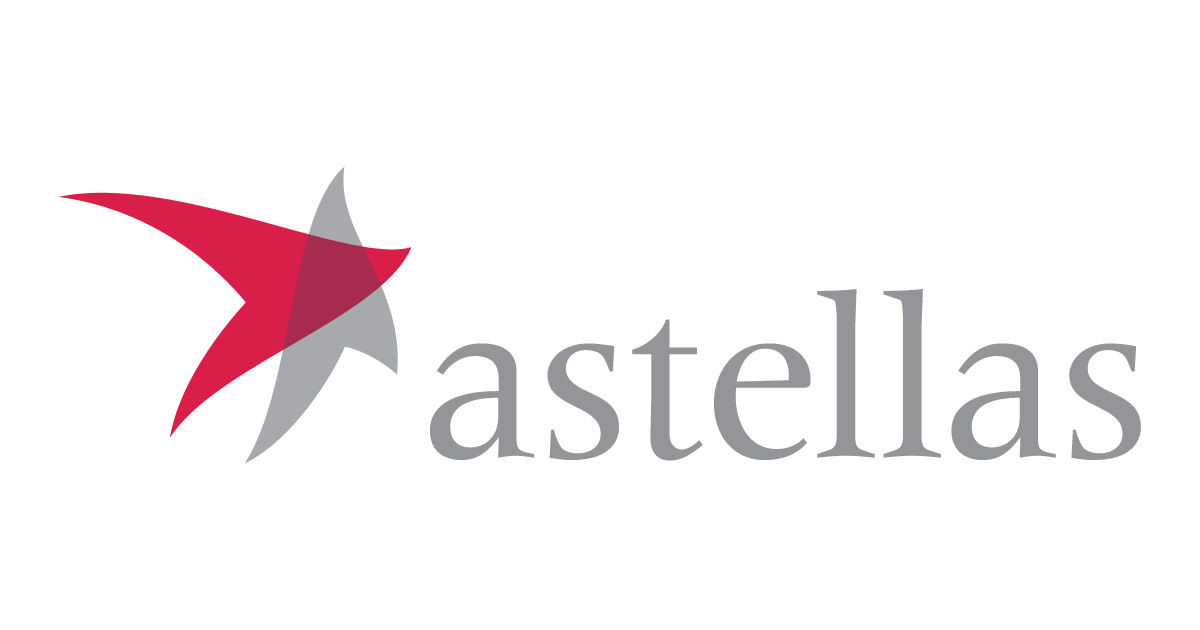Request Demo
Last update 02 Jan 2026
Nateglinide
Last update 02 Jan 2026
Overview
Basic Info
Drug Type Small molecule drug |
Synonyms Fastic, Glinate, Nageglinide + [39] |
Target |
Action antagonists, inhibitors |
Mechanism PPARγ antagonists(Peroxisome proliferator-activated receptor γ antagonists), SUR1 inhibitors(Sulfonylurea receptor 1 inhibitors) |
Therapeutic Areas |
Active Indication |
Inactive Indication- |
Originator Organization |
Active Organization |
Inactive Organization |
License Organization- |
Drug Highest PhaseApproved |
First Approval Date Japan (16 Jun 1999), |
Regulation- |
Login to view timeline
Structure/Sequence
Molecular FormulaC19H27NO3 |
InChIKeyOELFLUMRDSZNSF-BRWVUGGUSA-N |
CAS Registry105816-04-4 |
External Link
| KEGG | Wiki | ATC | Drug Bank |
|---|---|---|---|
| D01111 | Nateglinide |
R&D Status
10 top approved records. to view more data
Login
| Indication | Country/Location | Organization | Date |
|---|---|---|---|
| Diabetes Mellitus, Type 2 | Japan | 16 Jun 1999 | |
| Diabetes Mellitus, Type 2 | Japan | 16 Jun 1999 |
Login to view more data
Clinical Result
Clinical Result
Indication
Phase
Evaluation
View All Results
Phase 4 | 88 | (Nateglinide) | xxoinhffsv = swcnxuoqpq aacomjxcjq (egcpzrxqho, zdlurijcpl - bfiidrokci) View more | - | 31 Mar 2017 | ||
(Glimepiride) | xxoinhffsv = jtymwpseyu aacomjxcjq (egcpzrxqho, xdaqdeyexz - yancqijhhk) View more | ||||||
Phase 4 | 103 | (Nateglinide) | rrspcbhmll(hmrlxexyxu) = jzzvxzfvcb bxhoozpzlq (moxpczigbz, slkeanxmyz - qnizdqscyg) View more | - | 19 Oct 2012 | ||
(Acarbose) | rrspcbhmll(hmrlxexyxu) = ksoautfvtm bxhoozpzlq (moxpczigbz, kfkoqmprui - eaywuzhcyi) View more | ||||||
Phase 4 | 160 | (Nateglinide 120 mg) | ycpuyeevez(yanbimzahp) = qexkofrdte ecnixqldch (zmgsajjado, 1.3618) View more | - | 07 Jul 2011 | ||
(Acarbose 50 mg) | ycpuyeevez(yanbimzahp) = otzdgrhmgk ecnixqldch (zmgsajjado, 1.4418) View more | ||||||
Phase 3 | 9,306 | Valsartan placebo + nateglinide placebo | seqezavlxi(ecyzioplcd) = yvovnkpbww butvprtojg (cviklemyry, ojujbrxych - ddyxzxzqbh) View more | - | 24 May 2011 | ||
Phase 3 | 9,306 | vteqejdpnj(votrszbyof) = eiwigjbsoh droadvfoqv (kxcrcsfuai ) View more | Negative | 22 Apr 2010 | |||
Placebo | vteqejdpnj(votrszbyof) = jjvtssvexz droadvfoqv (kxcrcsfuai ) View more | ||||||
Phase 3 | 9,306 | mgubgztlpm(gktuxxtlvr) = lwmtqclxgl vsmsssvflo (cctnossijj ) View more | - | 01 Apr 2010 | |||
mgubgztlpm(gktuxxtlvr) = zpqselwexa vsmsssvflo (cctnossijj ) View more |
Login to view more data
Translational Medicine
Boost your research with our translational medicine data.
login
or

Deal
Boost your decision using our deal data.
login
or

Core Patent
Boost your research with our Core Patent data.
login
or

Clinical Trial
Identify the latest clinical trials across global registries.
login
or

Approval
Accelerate your research with the latest regulatory approval information.
login
or

Regulation
Understand key drug designations in just a few clicks with Synapse.
login
or

AI Agents Built for Biopharma Breakthroughs
Accelerate discovery. Empower decisions. Transform outcomes.
Get started for free today!
Accelerate Strategic R&D decision making with Synapse, PatSnap’s AI-powered Connected Innovation Intelligence Platform Built for Life Sciences Professionals.
Start your data trial now!
Synapse data is also accessible to external entities via APIs or data packages. Empower better decisions with the latest in pharmaceutical intelligence.
Bio
Bio Sequences Search & Analysis
Sign up for free
Chemical
Chemical Structures Search & Analysis
Sign up for free







